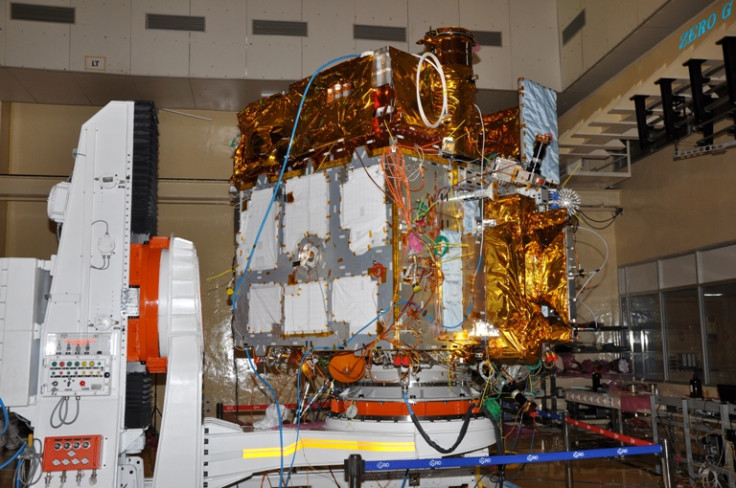Isro: Indian space agency plugs aerial satellite gap above Asia boosting aviation sector

India recently launched a satellite-based navigation system Gagan which would significantly boost the operations of the aviation sector in Asia, the chief of the Indian space agency told IBTimes UK. The launch of multi-purpose air navigation system puts India in the coveted league of countries such as the US, the EU and Japan which operate such services.
Air traffic in the continent would significantly increase once the system, known as GPS-Aided Geo Augmented Navigation (Gagan), becomes fully operational, said A S Kiran Kumar, chairman of the Indian Space Research Organisation (Isro).
Besides air traffic, Gagan would enhance the existing safety standards for aircraft landing and takeoff in the region, Kumar said. In an interview with the IBTimes UK, Kumar said: "It helps you in having more number of flights, because whatever gaps there are [between aircraft] they can be more controlled."
"Suppose you have uncertainty, then you will keep a larger gap. Now we have got more concrete numbers, so you can reduce the gap and operate more number of flights."
Gagan provides navigational coverage above the Bay of Bengal, the Indian Ocean, Southeast Asia and partially above the Middle East and the African continent – filling a vital gap left by the EU's European Geostationary Navigation Overlay Service (Egnos) and Japan's Multi-functional Satellite Augmentation System (Msas).
The system, jointly developed by Isro and the Airports Authority of India (AAI), cost about Rs 7.8bn (£79.8m) and took some 15 years to be completed. Kumar said the aircraft industry has welcomed the move and added that they intend to carry Gagan-enabled receivers on all aircraft cruising in the region by 2020. The Indian government has already made it mandatory for airlines to install Gagan receivers when they purchase new planes. Nearly 50 airports in the region are already availing of the guided approach landing with the help of Gagan.
Met satellite
Speaking about other initiatives, Kumar said India is likely to launch a communication and meteorology satellite specially dedicated to the South Asian Association for Regional Cooperation (Saarc) – a relatively-inactive bloc comprising eight nations with headquarters in Kathmandu – by the end of 2016. The idea of an exclusive satellite for Saarc was first mooted by Indian Prime Minister Narendra Modi during the alliance's 18<sup>th summit in 2014.
"We have already conducted an event in Delhi, where delegates from all the countries came. They are all appreciative of that [idea]," said Kumar, adding the actual launch could take place on the Saarc foundation day, which falls in December.
© Copyright IBTimes 2024. All rights reserved.






